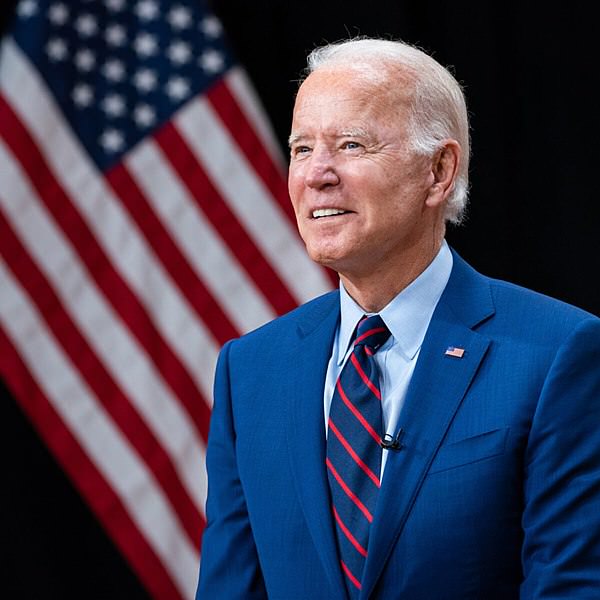U.S. News
Biden resurrects cold war powers to boost medical supplies
By Jake Beardslee · November 27, 2023
In brief…
- President Biden is invoking the Defense Production Act to boost domestic production of essential medicines and medical supplies.
- The act will help spur investment in ingredients for generic drugs as well as supplies to counter biological, chemical, radiological, and nuclear threats.
- Biden hopes to show Americans he is addressing inflation and supply chain weaknesses.
- A new White House council will also coordinate efforts to strengthen industrial supply chains.

On Monday, President Joe Biden unveiled new steps aimed at strengthening domestic medical supply chains, invoking powers under the Defense Production Act (DPA) to enable investment in essential medicines and medical countermeasures.
The core of President Biden’s strategy relies on invoking the Defense Production Act, a law passed during the Cold War, to boost U.S. production of vital medical goods. Biden plans to empower the Department of Health and Human Services to tap into the authorities granted under the decades-old Defense Production Act in order to promote investment in “essential medicines,” according to the White House’s statement. Such medicines encompass not only ingredients used for generic prescription drugs but also countermeasures to diagnose, prevent or treat illnesses caused by chemical, biological, radiological or nuclear attacks.
The move to shore up medical supply chains comes as Biden seeks to tackle stubbornly high inflation and convince Americans that he is addressing economic concerns head-on.
The president is also launching a new White House Supply Chain Council to coordinate government efforts on supply chain resilience.
The Defense Production Act announcement forms part of a slate of policies the Biden White House is rolling out on Monday to bolster industrial supply chains across the board, the administration stated. With these actions, the president hopes to lessen the country’s dependence on foreign sources for vital goods and make the United States less susceptible to supply disruptions triggered beyond its borders.